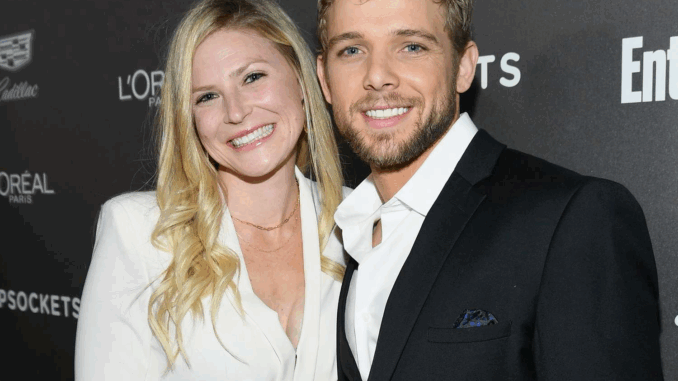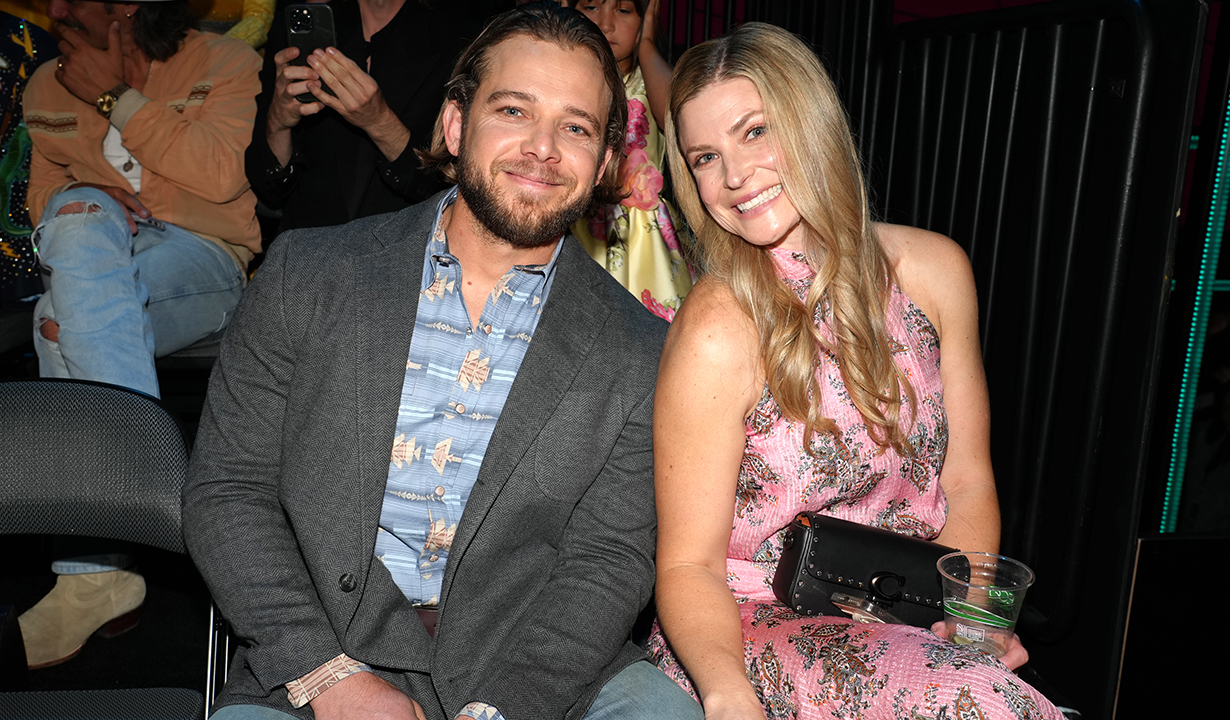
The golden age of TV may have brought us cinematic storytelling and complex narratives, but few network series have bridged the gap between gritty realism and emotional accessibility like Fire Country. At the center of that evolution stands Max Thieriot—actor, co-creator, and trailblazer.
Here’s how Thieriot used his real-life roots, emotional honesty, and narrative courage to transform the way we tell stories on broadcast television.
Breaking the Mold from the Ground Up
Fire Country doesn’t feel like a typical CBS drama. It’s raw. It’s intimate. It’s regional. And that’s by design. Thieriot wasn’t interested in building a slick firefighter procedural. He wanted to tell a story about people who live and die by the wildfires they can’t control—and the personal fires that rage inside them.
That personal connection—to the land, to the pain, to the people—is what elevates the show. And it’s all rooted in Thieriot’s own life in Sonoma County, California.
Elevating Local Voices and Forgotten Narratives
In a media landscape dominated by urban stories and elite experiences, Fire Country centers rural lives, small-town dynamics, and working-class resilience. Thieriot ensures that the people we meet in Edgewater aren’t background—they’re central.
From volunteer firefighters to ex-cons trying to turn their lives around, the show amplifies stories we rarely see. And it does so with dignity, not pity. These are not stereotypes or stand-ins—they are people, shaped by fire, loss, love, and grit.
Real Fires, Real Stakes—Redefining Action
Network dramas often lean on formula: rescue, explosion, resolution. But Thieriot’s Fire Country redefines the meaning of action. Yes, the fire sequences are thrilling and meticulously choreographed. But the real action happens in hospital rooms, kitchen arguments, therapy sessions, and parole hearings.
By slowing down the pace when it matters most, the show achieves something powerful: it makes the quiet scenes burn just as hot as the infernos.
Why the Show Resonates Now More Than Ever

We live in an era defined by climate change, incarceration reform, and mental health awareness. Fire Country speaks to all of these—not through PSA-style storytelling, but through grounded, character-driven narrative.
Thieriot uses the world of wildfires as both literal and metaphorical terrain. Each blaze reflects larger themes: the fragility of control, the cost of mistakes, the courage it takes to start over. It’s no wonder the show has found a loyal and growing fan base across generations.
Thieriot’s Legacy Is Still Burning Bright
As Fire Country heads into new seasons and potential spin-offs, Max Thieriot’s legacy is already taking shape. He’s proven that you don’t need a streaming platform to be daring. You don’t need a huge budget to tell truth. And you don’t need to be polished to be powerful.
His work is redefining network television—not by tearing it down, but by elevating it from within.
Conclusion: More Than a Series—It’s a Statement
Fire Country, under Thieriot’s vision, is more than just a hit show. It’s a statement about where TV can go when it dares to tell the truth. With heart, fire, and fearless humanity, Max Thieriot isn’t just reshaping the industry.
He’s reigniting its soul.
